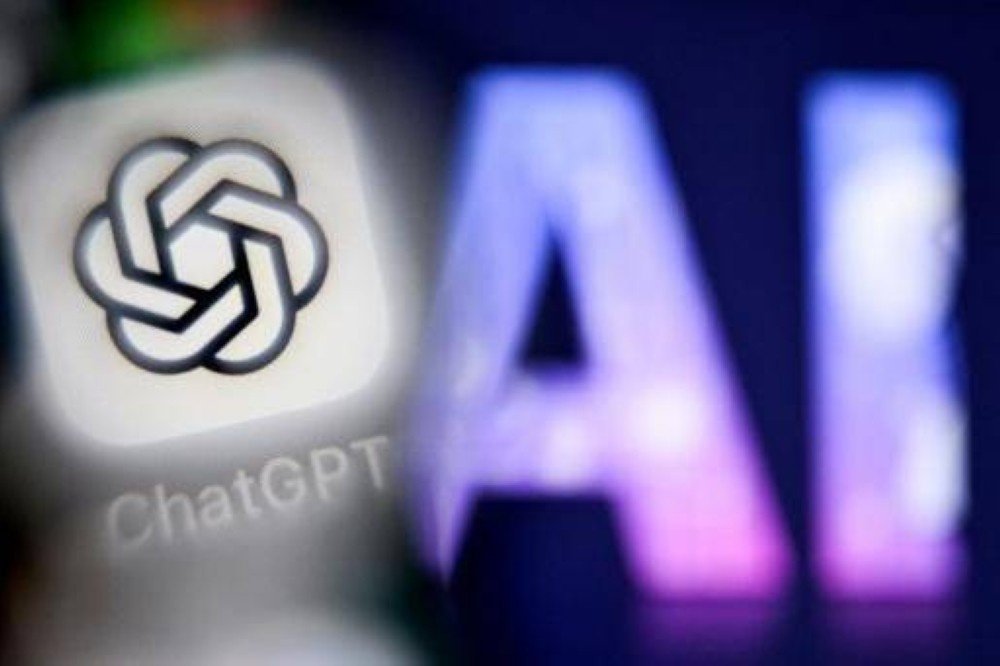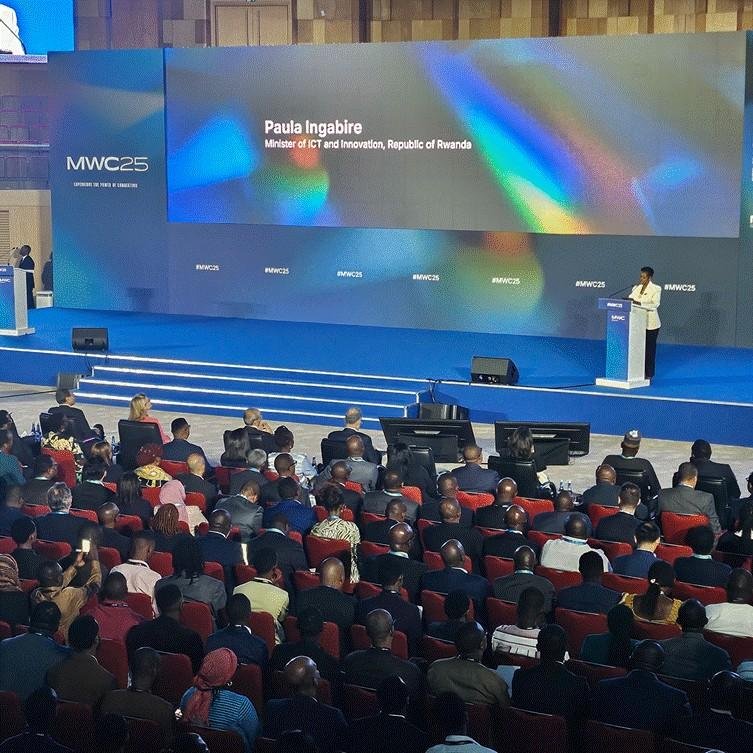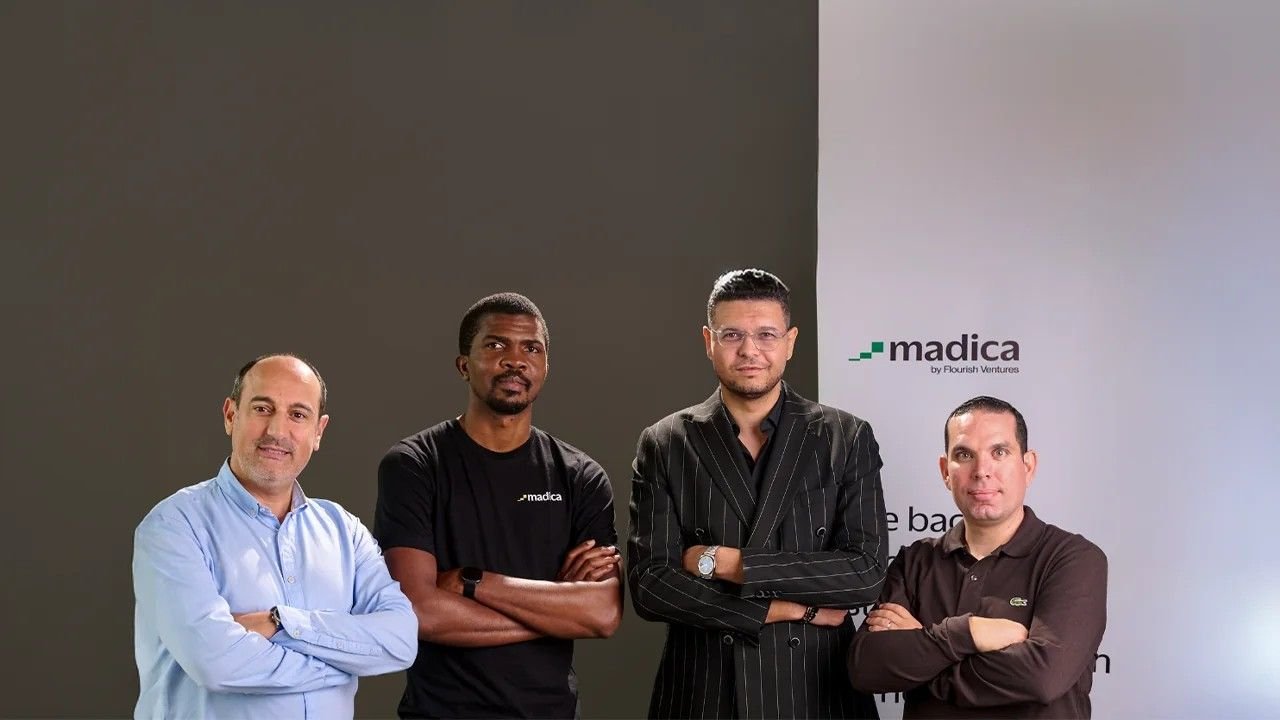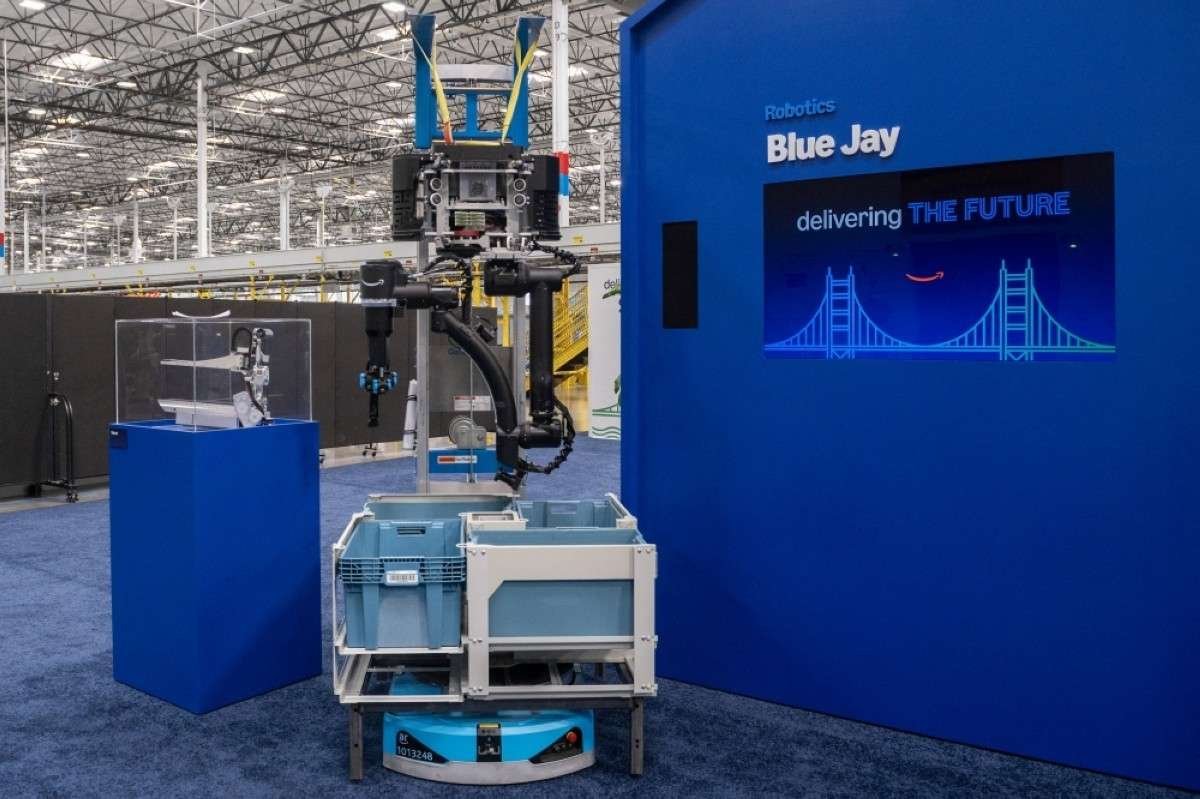Africa’s young, entrepreneurial population has the potential to power a leapfrog into the artificial intelligence (AI) era—but only if the continent rapidly expands digital upskilling and reskilling, according to a new whitepaper from Cisco and Carnegie Mellon University Africa (CMU-Africa).
The report, AI and the Workforce in Africa: Realizing the Region’s Potential Through Public and Private Sector Collaboration, highlights that by 2030, 75% of Africa’s population will be under 35, representing the world’s largest potential AI workforce. Already, 78% of young Africans report weekly AI tool usage—higher than in Europe or the U.S. Yet, most African jobs remain in sectors like agriculture and informal trade, which are only beginning to adopt automation.
Cisco estimates AI could add $2.9 trillion to Africa’s economy by 2030, equivalent to an annual GDP boost of 3%. However, Africa currently accounts for just 2.5% of the global AI market. Key digital powerhouses—South Africa, Nigeria, Kenya, and Egypt—lead adoption, while Rwanda and Mauritius stand out for governance-led and sector-specific AI strategies. Other nations including Ghana, Tunisia, Morocco, Senegal, and Côte d’Ivoire are also making strides.
Despite the promise, Africa’s AI workforce currently numbers only 5,000 professionals, far short of the 230 million jobs projected to need digital skills by 2030. Challenges include low STEM enrollment—fewer than 25% of university students—and persistent brain drain, with 70,000 skilled professionals leaving annually. Remote work could help reverse this trend by allowing African talent to contribute globally without relocating.
Cisco EVP Francine Katsoudas emphasized that “AI alone isn’t transformative. Real change happens when empowered people can access, trust, learn, and adopt AI technology.” She added that Africa represents the “most profound convergence of human potential and AI,” with its young population uniquely positioned to innovate.
The report calls for coordinated public-private action to build AI capacity, bridge gender and socio-economic divides, and extend AI literacy beyond experts to workers across all industries—from farmers using AI forecasts to health workers engaging with diagnostic chatbots. Without closing this skills gap, Africa risks missing the leapfrogging opportunity.















